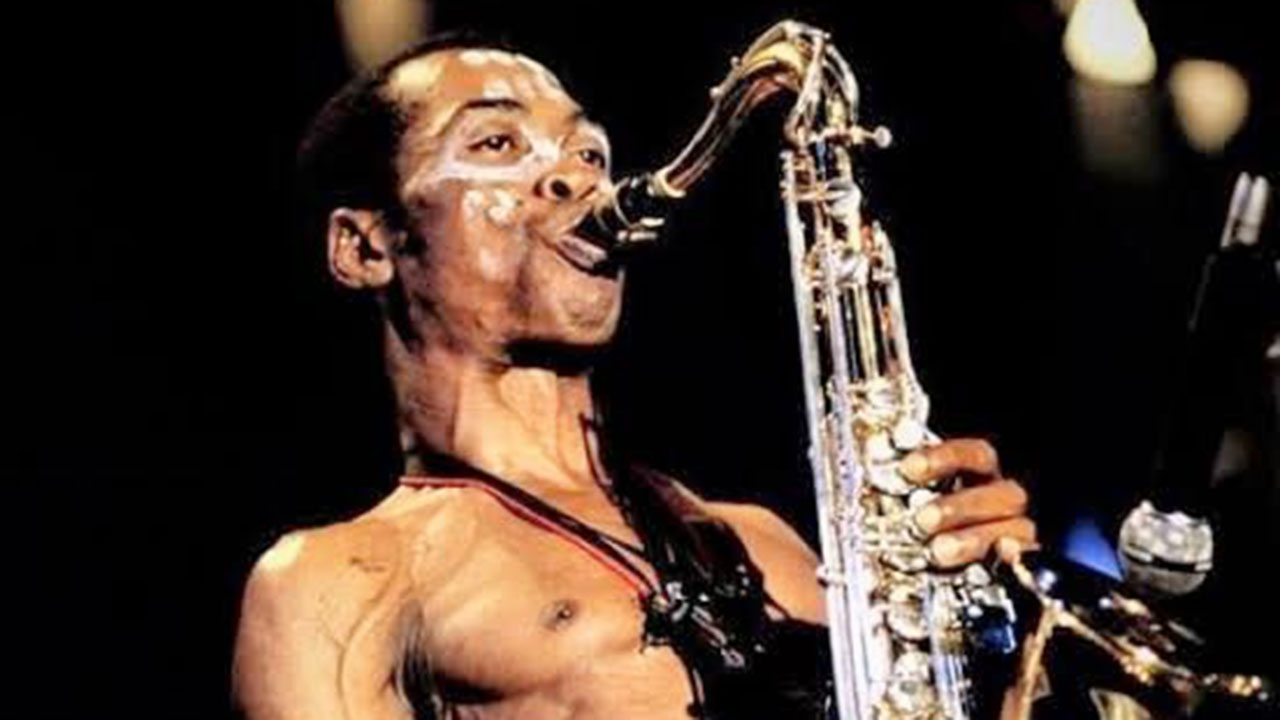AT the Nike Art Gallery in Lekki, the air on November 9, 2025, carried more than the fragrance of fresh paint and polished wood. It pulsed with excitement, laughter, and a deep sense of pride.
Friends, family, art enthusiasts, and cultural devotees had gathered to honour Philip Akwari, photographer, storyteller, and documentarian, on his 50th birthday.
But this was no ordinary birthday celebration. It was a festival of culture, a reunion of memory and meaning, anchored around his new book, “Abiriba: A Photographic Narrative of a Rich Cultural Heritage.”
For Akwari, turning 50 wasn’t just a personal milestone, it was a chance to reflect on his life’s work, one shaped by a deep love for his people and their stories. The event, which featured a reading, exhibition, and heartfelt tributes, unfolded as a fitting tribute to a man whose lens has given the Abiriba people of Abia State a voice in Nigeria’s artistic and historical landscape.
Founder of the Nike Art Gallery, Chief (Mrs.) Nike Okundaye, set the tone with her opening remarks, blending admiration with pride. “Today, we are launching this book because the author is very special to us,” she said. “When the German ambassador visited this gallery, he asked to meet the author of this book. People from around the world have read it and marvelled at how it promotes our culture and history.”
She described Akwari as a rare talent who had taken on the noble task of preserving a culture through art. “There are many cultures in Nigeria, but this is the only book that tells the story of the Abiriba people,” she said passionately. “Everyone keeps asking, ‘Where is the book about Abiriba?’ and now we have it. Nobody can promote our culture better than we can.”
Okundaye’s words were more than a commendation, they were a challenge to younger Nigerians to document their heritage. “Work hard and stay focused,” she advised. “When you do, your blessings will come.”
When it was time for the celebrant to speak, Akwari’s voice carried both gratitude and nostalgia. “When I realized I had climbed the fifth floor,” he began with a smile, “I asked myself how best to celebrate. I knew that instead of a lavish party, I wanted to mark this milestone through my art. That’s how the idea of a book reading and exhibition came about.”
Akwari traced the roots of his inspiration back to his student days at the University of Ibadan, where he lived with his mentor, Professor David Okali. It was in Okali’s compound, while roasting corn on rainy evenings, that he first heard stories about Abiriba, its traditions, its artistry, and its resilience. “Prof told me how artefacts were destroyed during the civil war,” Akwari recalled. “It left a mark on me. I began to wonder what I could do to preserve what was left.”
Upon returning, Akwari joined forces with his co-author, Chinaza Aniakor, to begin a seven-year documentation of Abiriba’s traditions, festivals, and way of life. “Some of the events we captured happen once every few years,” he explained. “It took time, patience, and dedication to bring it all together. Even after seven years, we realized we could never tell the full story, there’s just too much beauty to capture in one book.”
Longtime friend Solomon Eleanya Okeke described Akwari as “a man of courage who never gives up.” He revealed that the journey to publishing the book was full of challenges, but Akwari’s determination saw it through. “He’s proof that when you believe, you can achieve,” he said.






